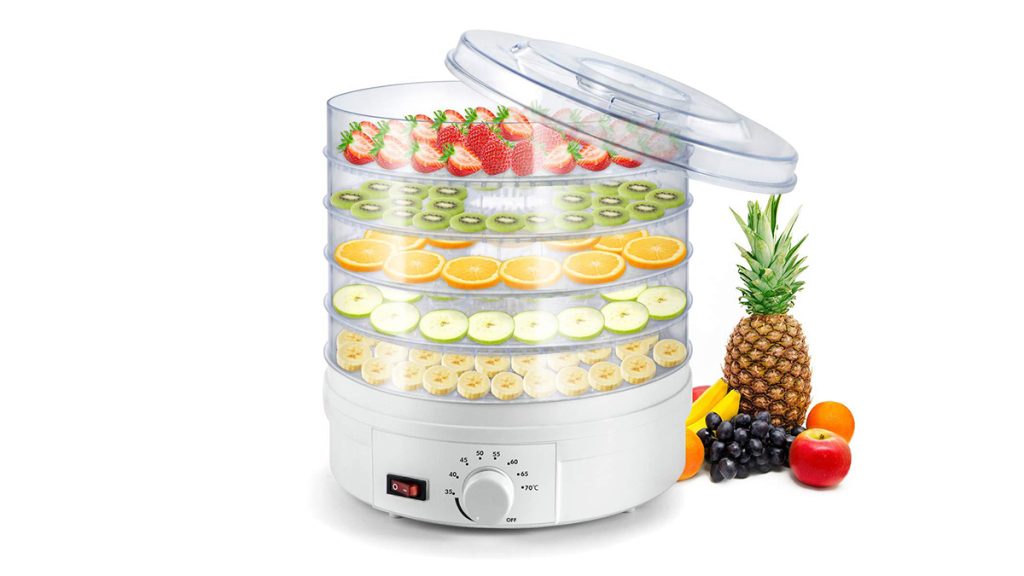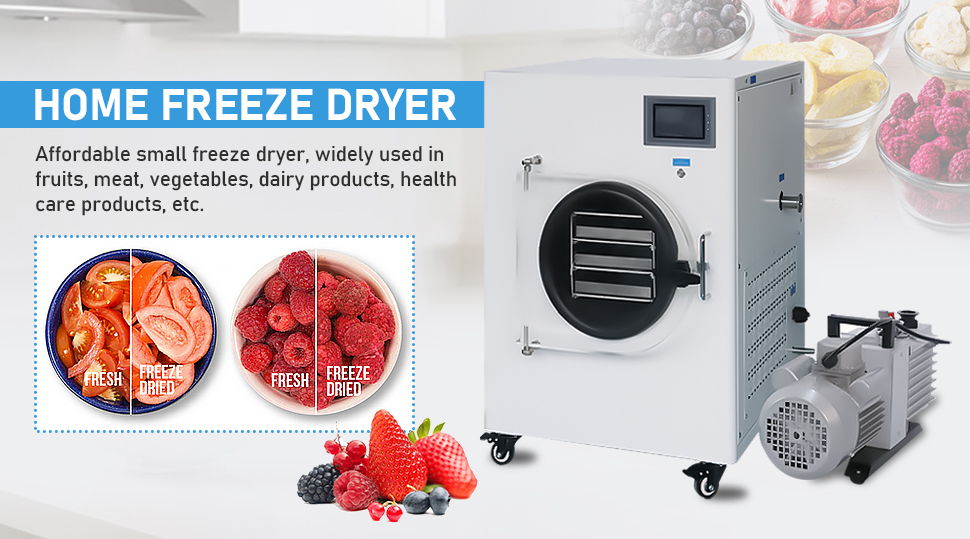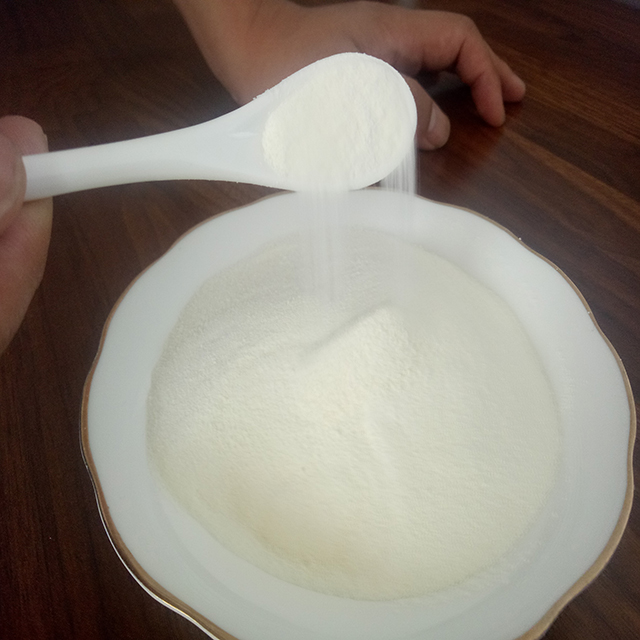People have always been in search of the perfect way to preserve food. In the past, dehydration was a commonly used method for preserving food. However, as technology has advanced, another method has gradually come into our view: freeze drying. What are the characteristics of these two methods, and what advantages do they each have? Let’s explore together.
Which is better, dehydration or freeze drying?
What is Freeze Drying?
Freeze drying is a novel food preservation technology that works by sublimating moisture directly into vapor under ultra-low temperature vacuum conditions. Foods preserved this way can retain the maximum amount of nutrients and have a much longer shelf life than those preserved by traditional methods.

What are the Advantages of Freeze Drying?
- Nutrient Retention: Since the moisture in the food is sublimated into vapor at ultra-low temperatures, nutrient loss is minimized, allowing for the preservation of most of the food’s nutrients.
- Unchanged Appearance: The freeze-drying process removes moisture while perfectly preserving other substances, meaning that aside from moisture loss through sublimation, other characteristics such as color and shape are perfectly retained.
- Long Shelf Life: Freeze-dried foods have a very long shelf life. As long as they are vacuum-sealed and stored in a cool, shaded environment away from direct sunlight, they can be preserved for over 25 years, which is incomparable to traditional preservation methods.
- Small Volume, Light Weight: Freeze-dried foods are very light, making them a great choice for camping or travel enthusiasts.
- Convenience: Freeze-dried foods can be eaten without heating and taste great. Of course, you can also add hot water to enhance the texture and flavor of the food.
Disadvantages of Freeze Drying:
- High Cost: Home freeze dryers are expensive, often costing thousands of dollars. For the average family, this is a significant investment.
- Energy Consumption: Home freeze dryers have a power range from 1.1KW to 3.5KW, consuming more electricity than typical household appliances. The subsequent electricity bills are also a consideration.
What is Dehydration?
Dehydration is one of the traditional methods of food preservation, working by evaporating moisture from the food through circulating hot air. This process significantly reduces the volume and weight of the food, making it easier to transport and store.

Advantages of Dehydration:
- Low Usage Cost: Dehydrators are relatively inexpensive and easy to use, making them suitable for the average household.
- Energy Consumption: Compared to freeze dryers, dehydrators have a lower power consumption, and consequently, lower operating costs.
Disadvantages of Dehydration:
- Nutritional Loss: The heating process required for dehydration can lead to the loss of nutrients in the food. Additionally, the heat can change the original texture and flavor of the food, and its appearance may significantly alter.
- Altered Texture and Taste: The dehydration process can change the original texture and taste of the food.
- Shorter Shelf Life: Compared to freeze-dried foods, dehydrated foods have a relatively shorter shelf life, whereas freeze-dried foods can last for over 25 years.
Key Differences: The core difference between freeze drying and dehydration lies in their treatment of food. Freeze-dried foods retain their original state to the greatest extent, including texture, flavor, and nutrients. The downside is that the cost and investment are higher than dehydration. On the contrary, although dehydration is less expensive, it results in nutrient loss and changes in the food’s taste and texture.
Can You Use A Dehydrator To Freeze-dry?Or Can You Substitute Freeze-dried For Dehydrated?
Certainly not! As mentioned above, freeze drying and dehydration are two completely different processes, and the results of freeze-dried and dehydrated foods are entirely different. You can decide whether to use a freeze dryer or a dehydrator based on your needs.
How to Choose
- Budget: Given that freeze dryers are more costly compared to dehydrators, individuals with budget constraints may find dehydrators to be a more feasible option.
- Purpose: If you need to retain the original texture and taste of the food, a freeze dryer is the best choice.
- Size: Home freeze dryers are larger than dehydrators and require more space.
- Taste Preference: Freeze dryers can preserve the original taste of food, while dehydrators can change the texture and taste of food during the heating process.
- Nutritional Content: Compared to dehydrators, freeze dryers undoubtedly do a better job of preserving food nutrients.
In summary, you can decide whether to use a freeze dryer or a dehydrator based on your budget and purposes. Both food preservation methods have their own characteristics, and the best one is the one that suits you best.







